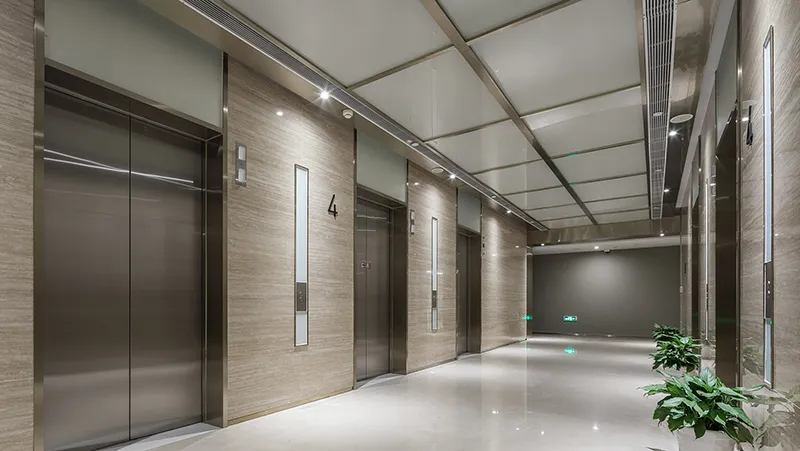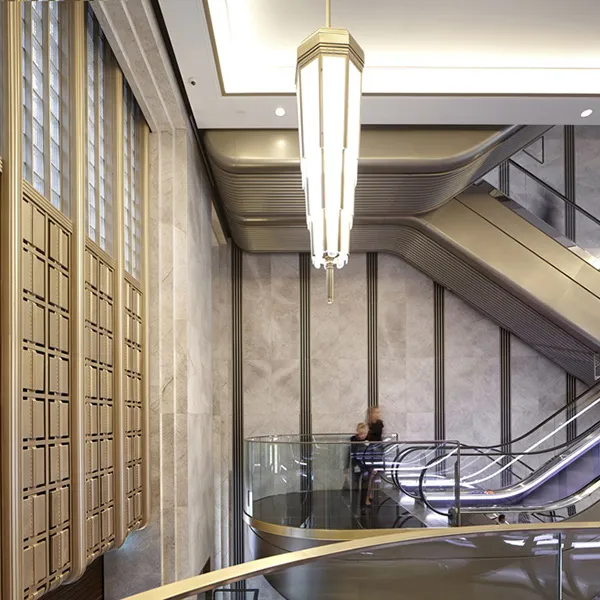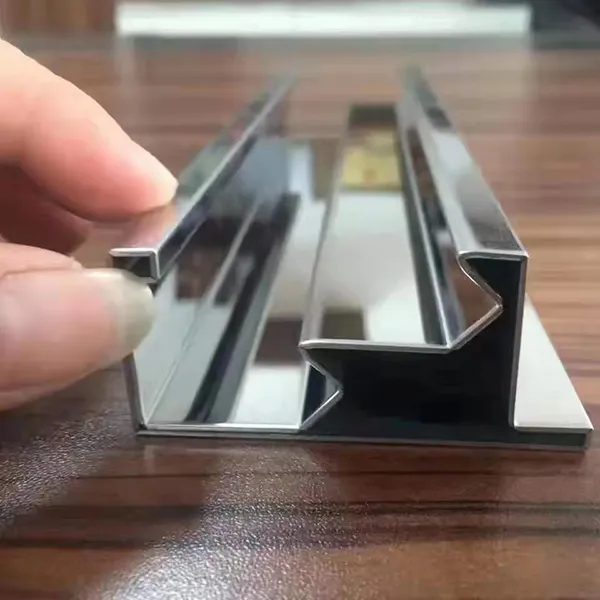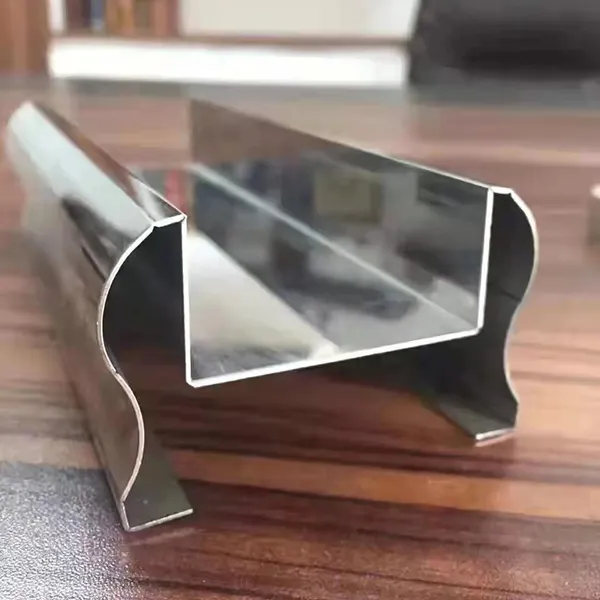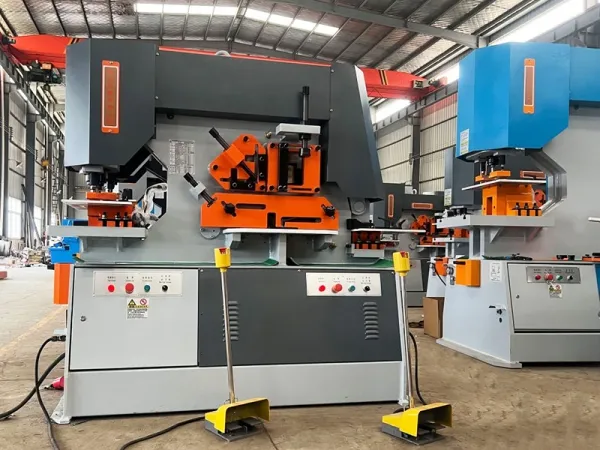Elevator cars are typically constructed from stainless steel, galvanized steel, or aluminum alloys, chosen for their strength, durability, and ease of maintenance. These materials are generally available in thicknesses ranging from 1.0 to 2.0mm. Fabrication techniques include: (1) Blanking: The initial stage involves blanking using a shearing machine to cut the metal sheets to the required sizes. (2) Punching and Cutting: Further shaping is achieved through turret punching for creating detailed designs or using a laser cutting machine for precise cuts in various shapes. (3) Bending and Forming: The bending process follows, where specific technical parameters such as minimum bending radius, minimum straight edge for bending, and minimum hole margin are crucial for the quality and aesthetics of the final product.
Case Study - Teknix Elevators Pvt. Ltd.
Our client faced a challenging order requiring elevator car panels to be bent precisely at 90 degrees. Leveraging expertise, our engineers devised a plan involving the creation of a V-shaped notch 0.5mm deep to facilitate the desired bending angle. This innovative approach enabled Teknix to fulfill an otherwise challenging order successfully.

